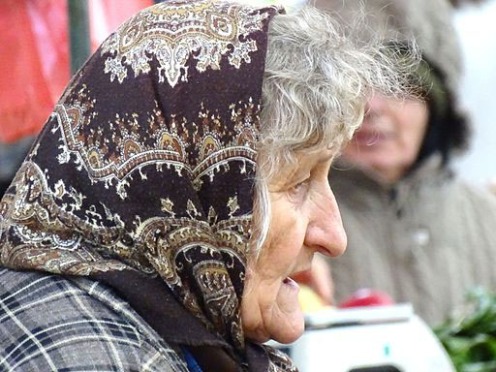Alzheimer’s disease: Have we lost our way?
My mother developed Alzheimer’s late in life, and just around the time when the first generation of Alzheimer’s drugs were being approved. These drugs help preserve function for a while, but only delay the inevitable. My mother died of Alzheimer’s disease several years ago, and I have still never stopped waiting for something to prevent this horrible disease.
A big blow was dealt to my hopes for an antibody treatment that would block or treat Alzheimer’s disease last week. Lilly’s large multi-year study for an anti-amyloid antibody solanezumab, was terminated and deemed a failure. As many people know, the amyloid protein build up seen in the brains of people with dementia is often thought of the cause of memory loss and other cognitive issues seen in many elderly people. It’s even been estimated that up to 40% of those aged 80 years and up will develop dementia. Inside the brains of autopsied patients, a soup of Beta-amyloid along with another protein known as tau, forms plaques and neurofibrillary tangles respectively, seeming to belie a once-functioning brain turned to mush of useless proteins. Many scientists believe that the mutated amyloid protein is the main driver that builds these dysfunctional structures.
Hence the reason so many drug companies and clinicians have hung their hopes on a neutralizing antibody to the amyloid marauder of the brain. Each company has produced one antibody slightly different than the next in site of attachment, or type, but all have the basic component of attaching to amyloid and clearing it out of the brain, and must be able to traverse the blood brain barrier. This approach to preventing pathophysiology is clearly logical, so what went wrong?
Well, some believe that once the amyloid is formed into plaques, it cannot be reversed, like molecular Krazy glue, even antibodies cannot shake the protein loose. Solanezumab previously failed in two large trials in patients who already had developed moderate Alzheimer’s disease. But can pretreatment before amyloid plaques set in still have success? Well, that depends. There are other trials set to study this, but there is a catch. Amyloid starts building up years before any cognitive decline or before it shows up on an MRI. So how do you identify patients with a risk of Alzheimer’s. Most late-onset Alzheimer’s cases, like my mother’s, are sporadic, meaning there is no family history. However, there are patients who have inherited family histories of Alzheimer’s and these people are at high enough risk to warrant experimental treatment. In fact, most of these people suffer from early onset Alzheimer’s, striking them in the prime of their life.
Mutations for inherited Alzheimer’s occur in a gene for cholesterol processing, called ApoE, and also in a gene for presenelin, which causes a loss of function of an important processing protein for Beta Amyloid. In fact, family members in Columbia that carry the mutation in the presenelin gene have a near 100% chance of developing Alzheimer’s. So drug companies have now turned to these high-risk patients in several large clinical trials, including solanezumab, and crenezumab.
There are other drugs that target the amyloid-tau pathway as well, from BACE inhibitors, which stop a key enzyme from making amyloid, and tau inhibitors, which clear away amyloid’s partner in crime. Statins, which lower cholesterol and act as anti-inflammatory agents hint at being able to help prevent Alzheimer’s disease. High cholesterol has some association with the development of Alzheimer’s but the exact mechanism by which it exerts its effect is still unclear.
Image Attribution: By Adam Jones from Kelowna, BC, Canada (Elderly Woman in Market – Belgrade – Serbia) [CC BY-SA 2.0 (http://creativecommons.org/licens/by-sa/2.0)%5D, via Wikimedia Commons

Reblogged this on Personal Health 4 U.